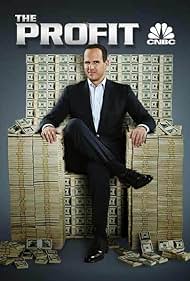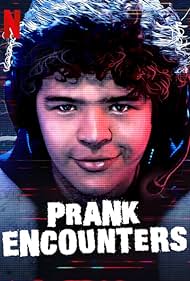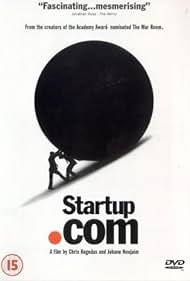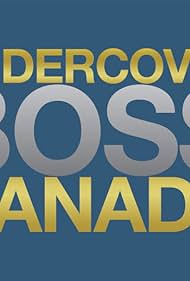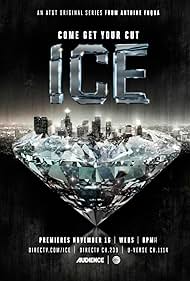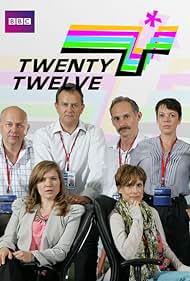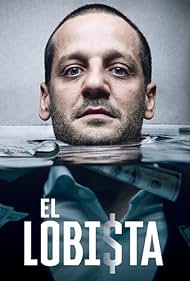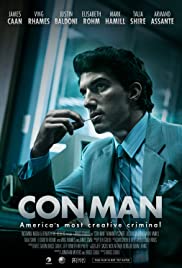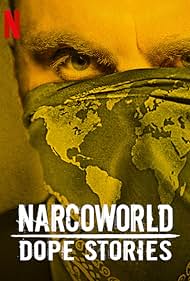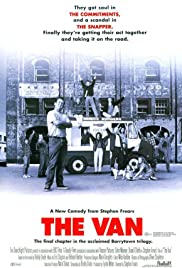The Weight of Chains 3 Soundtrack (2019)

Buy on Amazon Play and download Soundtracks
The Weight of Chains 3
The Weight of Chains 3
The Weight of Chains 3
The Weight of Chains 3
The Weight of Chains 3
The Weight of Chains 3
Synopsis
The film starts by detailing how and why the United States Army started using depleted uranium in its munitions, against the backdrop of nuclear weapons testing in the Pacific and the nuclear arms race during the Cold War. It then discusses the effects of US use of depleted uranium during the Gulf War in Iraq and Kuwait and presents this as a trial run before the use of depleted uranium in Bosnia and Herzegovina in 1995 and the Federal Republic of Yugoslavia in 1999.
The documentary then goes on to present NATO's bombing of Yugoslav chemical factories and oil refineries as crimes against the environment. Through interviews with Serbian and Italian military and medical experts, the film suggests that NATO knowingly turned the Balkans into an experimental laboratory in which KFOR soldiers and civilian populations were human guinea pigs.
The documentary moves on to assess the potential threat coming from genetically modified organisms, small hydro plants, air pollution and climate change, advocating that the neoliberal system is to blame for the ongoing destruction of the environment. The film gives a brief history of how that system was imposed in Serbia, through interviews with current government and opposition representatives, as well as economic experts.
Detailing the rise of Serbian president Aleksandar Vucic and several of his government's affairs, the film suggests that change is no longer a matter of choice, but a question of survival. The documentary presents positive examples of countries that were able to change their political and economic systems, but also shows stories of rebellion in Serbia itself, in which small groups of well-organized individuals were able to beat the system, which the author considers "rotten".
